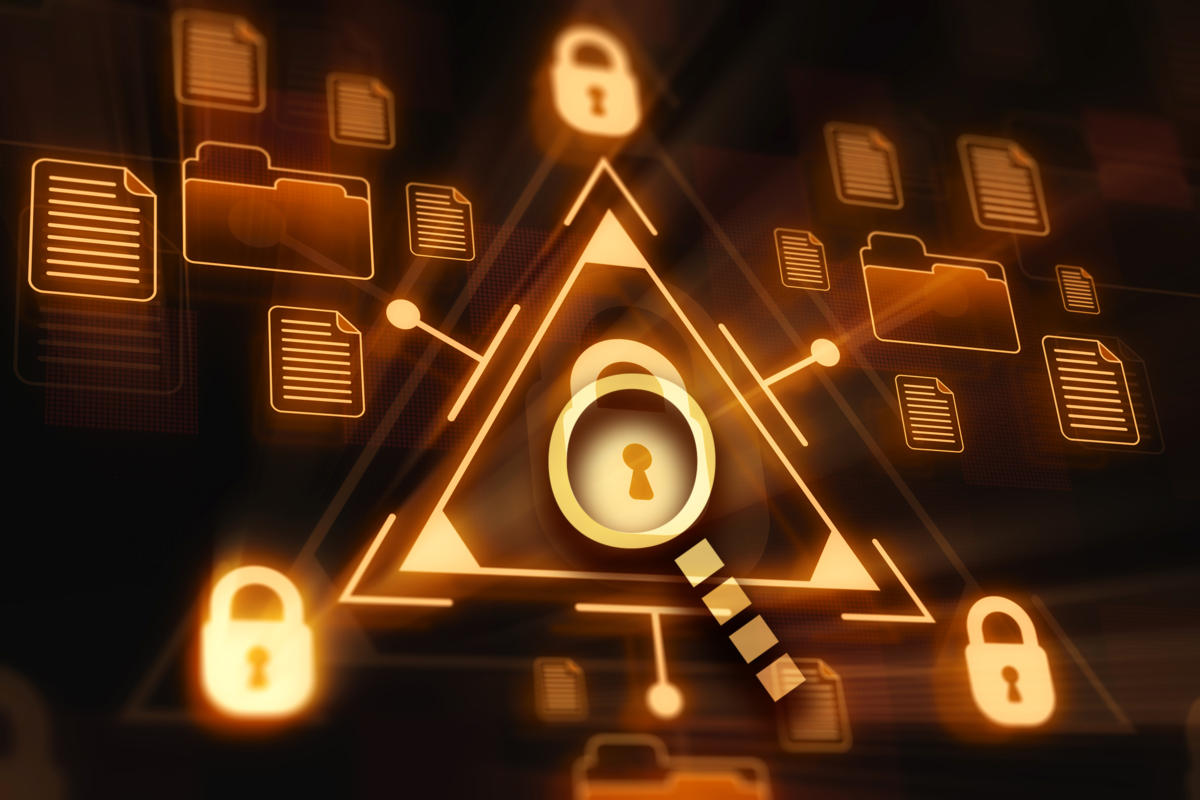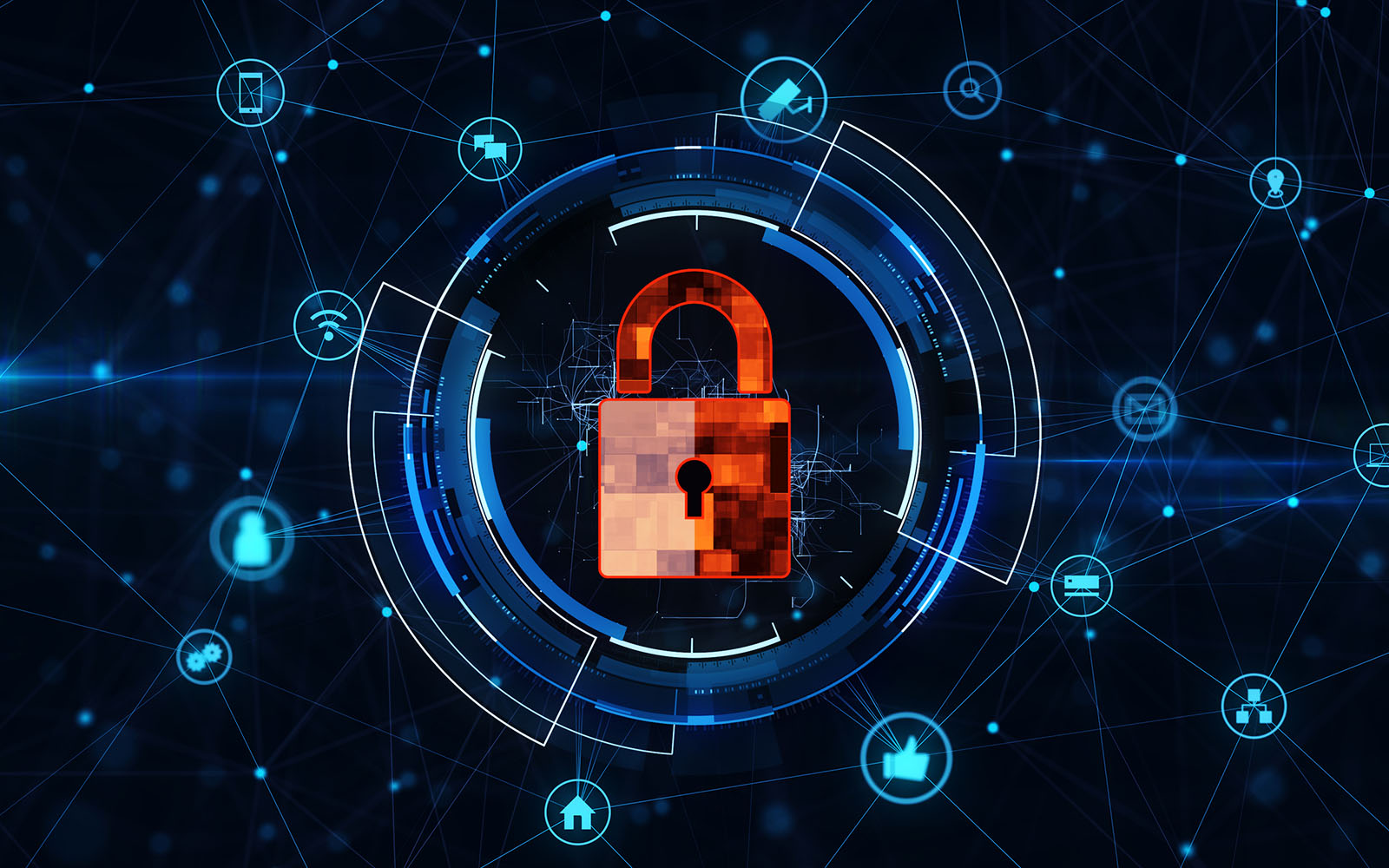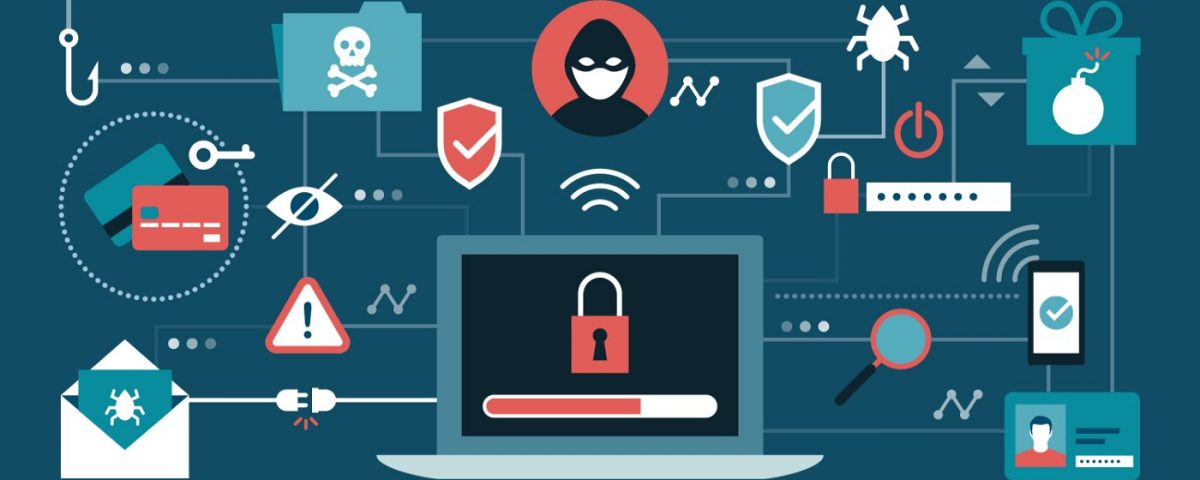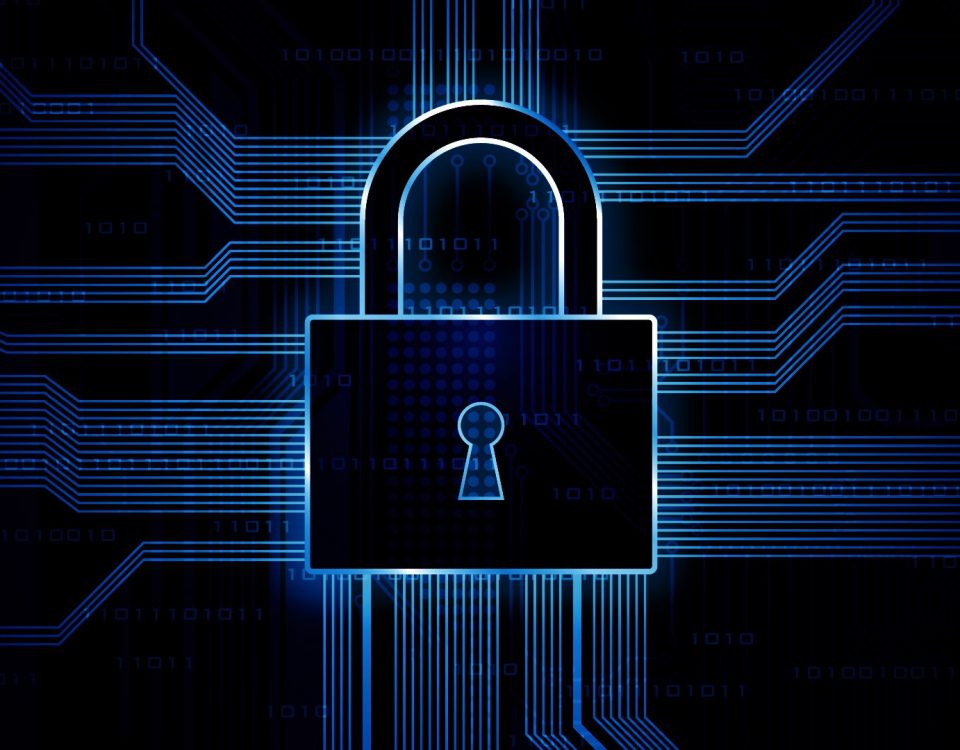- Call: 021 32789720
- Fax: 021 32785519

Why WordPress hosting is better option for You and How it works?
July 27, 2021
What is DDoS Protection Service and does it work?
August 12, 2021Well, Online Security is also a branch of computer safety. It encompasses the Internet itself, browser protection, website protection, and network protection as it pertains to applications or operating systems. Its purpose is to set forth rules and procedures to utilize against cyber attacks over the Internet. These include online scams, viruses, spyware, adware, Trojans, worms, spoofers, and others.
Criminals don’t care about the laws and regulations because they know that if they are caught, they will get caught. They target companies and individuals that have personal and financial information that they could use to make money. The more readily that we can protect ourselves, the better off we will be.
Online Security:
Online security begins with using proper techniques to prevent personal data from being intercepted. First and foremost, we should always use caution when sharing our personal data online. Even when we are surfing the Internet, we still need to be aware of what we are doing. Use secure messaging and sites that do not keep personal information on their server. Be careful about what you read and what you post on blogs and social media networks. Lastly, always make sure that you don’t give out bank or credit card information online.
Ensuring your Online Security begins with choosing a strong password and making sure that you add and change it frequently. It is not enough to memorize a simple password. A strong password gives you added protection by preventing others from access to your personal information. Furthermore, it is oftentimes much easier to change your password than it is to remember one. Many internet browsers have built-in mechanisms that allow you to change your password whenever you want.
Security Threats:
Some people think that online security only applies to physical security such as securing your computer, laptop, and other devices. However, this is not the case. Just because you’re not physically present in front of the computer does not mean that someone else is not watching what you’re doing. You may not realize it but there are actually people who are spying on your computer and listening to you while you’re online. With the rise of wi-fi eavesdropping and wifi intercepting, these internet predators are becoming much more persistent in their efforts to catch their next victim.
When it comes to online security and personal information, we use the internet for many different purposes. We use social networking websites to keep in touch with friends and family and find out about special events in our lives. We also use these websites to shop, pay bills and conduct our financial transactions. More, we’re being encouraged to leave these personal details on sites like Facebook and MySpace. Unfortunately, this means that our privacy can no longer be guaranteed.
There are very real data loss issues that happen to people every single day. Think about identity theft and credit card fraud, both of which can lead to serious financial damage and even criminal prosecution. Make sure your computer is secure, and work on installing anti-virus and anti-spyware software. You also need a good data backup program (preferably one that can run on its own in the event of a power failure or software malfunction).

Social Media and Online Security:
In addition to our social media profiles, our computers are also becoming cyber-friendly. This means that we store our personal information not only on the computers that we use for work but also on our phones. These phones are susceptible to hackers who can obtain passwords and user information. As well, there are software programs that can hack into these devices and send us ads that stream into our televisions and steal our bank accounts and passwords. If we use a secure laptop or notebook, we can further protect ourselves against these hackers.
Phishing:
The most common way that individuals have their personal data stolen is through what is known as “Phishing.” Phishing occurs when an unsuspecting person is tricked into entering their banking or credit card information into a website that looks legitimate. Once the user enters this information, they may be redirected to another site that has questionable products or services. Hackers can use these sites to obtain passwords and other personal data. To keep your computer and internet usage safe from unauthorized access, it’s important that you exercise great caution when browsing the internet, using websites, and downloading programs.
Online Security: Reality and Myths
Online security is a major concern these days, as cybercriminals try every trick in the book to get their hands on your private data. However, there are so many other issues to remember when it comes to securing your personal information online. Not only are there several real online security threats, but there are also numerous myths and stereotypes that need to be dispelled. By educating yourself, you can prevent your computer from being broken into or taken advantage of, by keeping your personal data safe and secure, and by staying aware of the latest online threats and security measures that are available.
One of the most common myths about online security is that it requires a lot of hard work and expertise. In reality, online security does not require that much of anything except a modicum of knowledge and/or patience. For starters, make sure that you have anti-virus software and a Web Application Firewall (installed and configured properly). Firewalls, which are usually referred to as either IP firewalls or network security filters, guard your computer by blocking unwanted traffic from going through it. If you are not familiar with how they work, ask a knowledgeable person to guide you through the process.
Another myth is that you can be victimized by just about any type of crime, at any time. This is simply not true. Remember that cybercriminals and hackers often have sophisticated programs that are capable of stealing your data. What you might think is only a minor data loss may actually be a symptom of a much bigger data loss or attack.
Online Security Threats:
In today’s world, data loss is almost inevitable. Whether from a natural occurrence (the collapse of a building) or a malicious attack (a virus), losing data can be financially devastating and even a matter of life and death.
Some of them are data loss, data theft, and the leaking of information. It is important to always use a strong password and lock your computer (to keep hackers out). Make sure you protect sensitive data (such as account numbers and passwords) with passwords and codes. Don’t give out any data online, including social security numbers and your banking information.
Viruses, malware, spyware, and hackers are just some of the ways that people get into your system without your knowledge and use it for their own gain. Many times you won’t know that anything has happened until your system starts to slow down or crashes. Other times, you’ll only find out about data loss when you’re trying to file a claim for the lost data.
Ways to Stay Safe and Secure:
Use a good data backup program, always protect your passwords and social security numbers, don’t give out any data online, and never purchase a new computer. However, if you do choose a new computer make sure you check to make sure it is certified by trusted security companies such as Server4Sale or BlockDoS. With these precautions, you should be safe from what is commonly known as online security threats.
Importance of Online Security:
Well, computer online security can protect your personal information by preventing identity theft. Anyone who shops online can be victimized by identity thieves. Identity thieves use computers and access your credit cards numbers and bank accounts without you even knowing it.
It’s impossible to protect all of your information by using passwords and security codes on a computer or in the mail. These passwords and security codes are not private, and they are easily intercepted. By having an Internet connection you are much more likely to be targeted for security breaches. When you shop online for your PC and laptops, you can’t expect complete security because there are many predators out there who will steal your personal information and use your PC or Laptop to commit illegal activities.
You can’t protect your PC or laptop from these criminals if you don’t safeguard the information that is stored on it. The Internet can be a dangerous place. If someone gets into your computer they have full access to all of your data and can easily wipe your hard drive. This means they can take photos of you, your financial information, and any other personal information. They can also obtain software that is installed on your computer which can do any type of illegal activity including identity theft.
This is why online security is important. Many people have lost their lives to online threats including identity theft and Internet fraud. There are many ways that hackers can break into your computer. One way is through software viruses, which attach themselves to your computer files and settings. When this happens, you can never get rid of the virus because it has locked you out of the system.

BackDoor:
Another way that hackers can access your computer is through the so-called “backdoor.” This is a vulnerability that allows the hacker to gain access to your computer. They can use it to browse through all of your files and settings that are dangerous because everything is stored on your computer. Hackers will even be able to access your email, which is one of the most important parts of the computer because it stores all of your emails.
These are just some of the ways that you can get hurt if you don’t protect your computer. If you want to protect yourself from the different types of security breaches that can happen online, you need to use the right type of online security service. The problem is that there are hundreds of different services available for you to choose from. The best thing to do is find a service that offers you a solid security plan like DDoS Protection so that you can feel safe about the online safety of your computer.
Conclusion:
You have no idea what could happen to your computer without some sort of protection. It is not only important to protect your computer against viruses and hackers, but it is also important to protect your information from being stolen. Hackers will be able to take your information such as credit card numbers, social security numbers, and other confidential information. You don’t want this to happen to you so you should take your security very seriously. The wrong moves online could cost you everything.
It is probably the number one reason to use a top-quality security program. A quality security program will provide you with features such as email monitoring and scanning, Malware Protection, SSL-Certificate, DDoS Protection, etc. This will give you the peace of mind that your information is protected at all times. These are just a couple of reasons why you need to be extra careful with your online security and make sure that your privacy is protected at all times.


